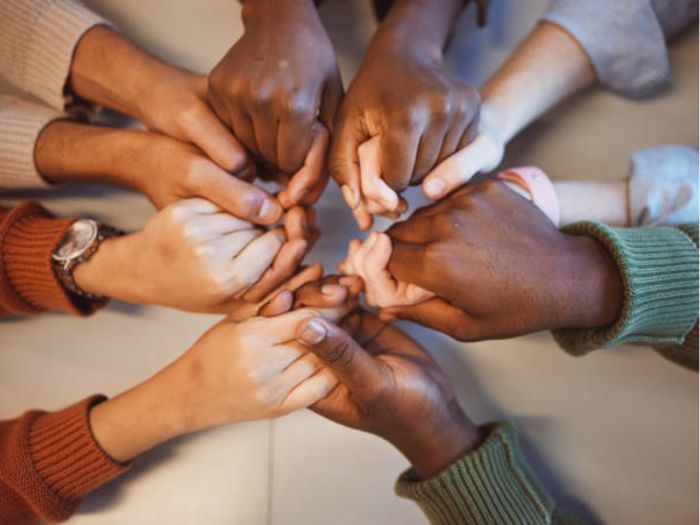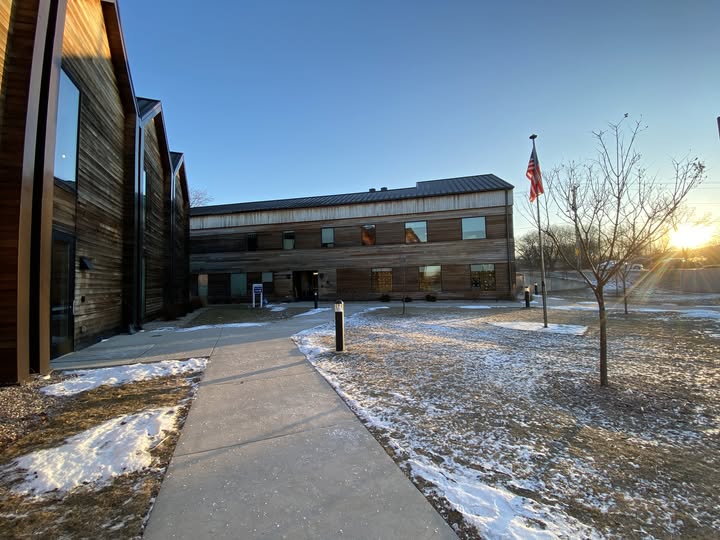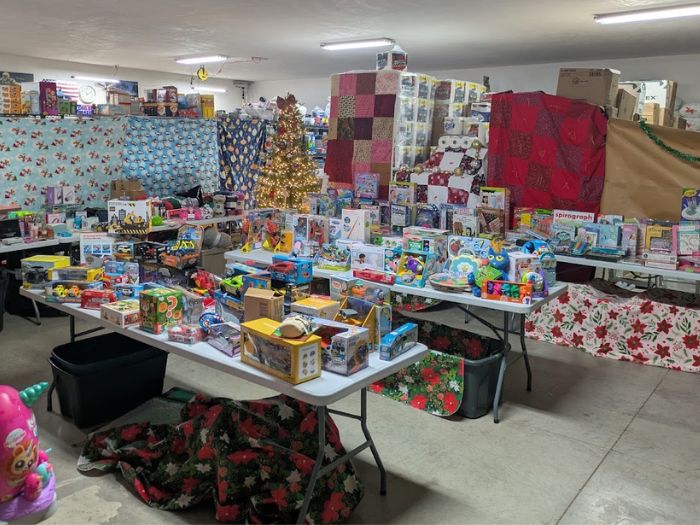
In This Article
In the moments between meals, sometimes all within a single day or scattered across a week of encounters, I’ve learned that humanity doesn’t diminish when circumstances change. It simply reveals itself in different ways. Conversations with residents build something precious between us—a sense of trust and respect that grows with each interaction.
There’s Cece, who talks about her job helping others navigate their end-of-life situations, even as her own heart works harder than it should. Congenital heart failure and diabetes mark her days with careful rhythms, yet she speaks of caregiving as her calling. I asked why she cares so much, and she told me that it’s something we should all do for each other. When we talk about her children, Cece’s eyes light up with the same parental pride and worry that any mother carries. She understands the weight of nurturing others while managing her fragility.
Walking in the parking lot is Jessica, silently thinking about her husband, who passed away unexpectedly two years ago. The grief still catches up to her, sometimes in the middle of moments that overwhelm her. Jessica was going to school at NWTC to advance her career and has since had to leave those dreams behind to focus on work and finding housing. Her teenage son bikes to work at the local grocery store almost daily, not because she asks him to, but because he sees her trying so hard. His small earnings feel enormous in their world of careful budgets and hopes.
In the corner of the cafeteria, Crystal’s phone glows with photos of her first granddaughter. She talks about the one-month-old girl to anyone willing to listen. Her face transforms when she talks about tiny fingers and what it feels like to hold her. The joy is pure, undiminished by her current address. Love, it seems, travels anywhere.
Bernard speaks about the weight of searching for housing while carrying an eviction and the invisible burden of discrimination. He and his wife aren’t white, and he feels the doors close before they’re even fully open. Yet he continues to go to work full-time each day with the hope that someone will give his family a second chance.
Outside, I find Julia with her cigarette, smoking nearly a pack a day now. She says it never used to be this way, but stress has a way of changing habits. She’s trying to quit, she tells me, but some days survival takes precedence over self-improvement. I listen without judgment, understanding that sometimes the small escapes people choose help them endure the larger challenges they didn’t choose.
Back inside, I watch another mother patiently clean up after her children in the cafeteria, teaching them responsibility here and now. Her care is constant and kind, the same way mothers everywhere remind little ones to say please and thank you.
Two weeks after Camp Luther (a faith-based kids’ summer camp in Three Lakes, Wis.) has ended, one girl still wears her wristband like a badge of joy. She talks about swimming, archery, and singing songs about Jesus. It’s her infectious smile, not the underlying reality that her family is experiencing homelessness, that captures everyone’s attention. The camp opportunity gave her something invaluable—the memories of pure fun.
These stories weave together throughout any given day or week, creating a tapestry of resilience that’s both heartbreaking and inspiring. Between morning conversations and lunches together, trust builds slowly but surely. Parents and children come to understand that they are seen—not as their circumstances, but as the humans they are. They know I care about their future, that I want them to succeed, that I am one of many in the community investing in their journey.
This understanding opens space for different kinds of help. Sometimes it comes wrapped in compassion—a listening ear when grief overwhelms, celebration when someone gets a job interview, patience when stress makes everything feel impossible. Other times, it requires tough love—honest conversations about what isn’t working, accountability when excuses replace action, and frank discussions about the limited housing options ahead.
It isn’t easy finding a new home when the rental market seems designed to exclude families in their situation. It’s disheartening when the available housing options are slim at best. These families are hardworking, smart, loving, resilient, and hopeful. Children excel in school. Parents work hard everyday and guide their children, determined that they will never face this situation again.
What strikes me most is how familiar it all feels. The pride in children’s accomplishments, the worry about family members, the small victories and daily frustrations—these are the universal experiences of being human. The difference isn’t the hearts beating within, but in the circumstances each person faces.
Parents and children alike carry a beautiful soul and a vision of something better. They want a key to their front door, a kitchen where they can cook family meals, bedrooms where children can spread their toys, and a place where they belong not temporarily, but completely.
But they also know that help comes from a place of care. We build this understanding together, one conversation at a time, one day at a time. Families don’t want to be in a shelter, but they’re grateful for the space while they work toward something more permanent. Parents are not asking for luxury, just for a second chance to rebuild what circumstances knocked down.
The human beings at Freedom House are parents and children who happen to be facing a different set of challenges right now, but whose humanity shines just as brightly as anyone’s. In their temporary home, I see the profound truth that we are all more alike than different. We all want to love and be loved, to contribute something meaningful, to wake up tomorrow with hope intact.
Sometimes that hope sleeps in a shelter bed, but it never stops being hope. And in that hope, there is still beauty in the journey.


